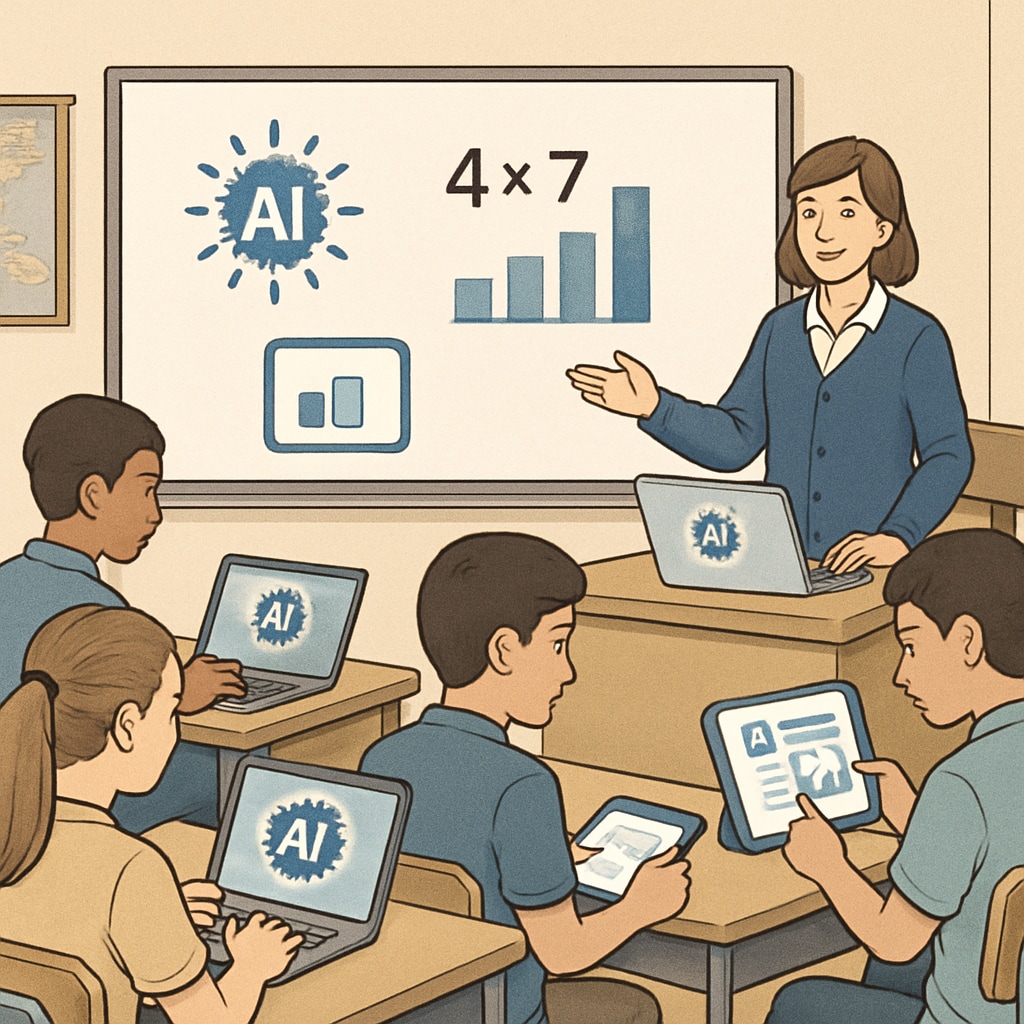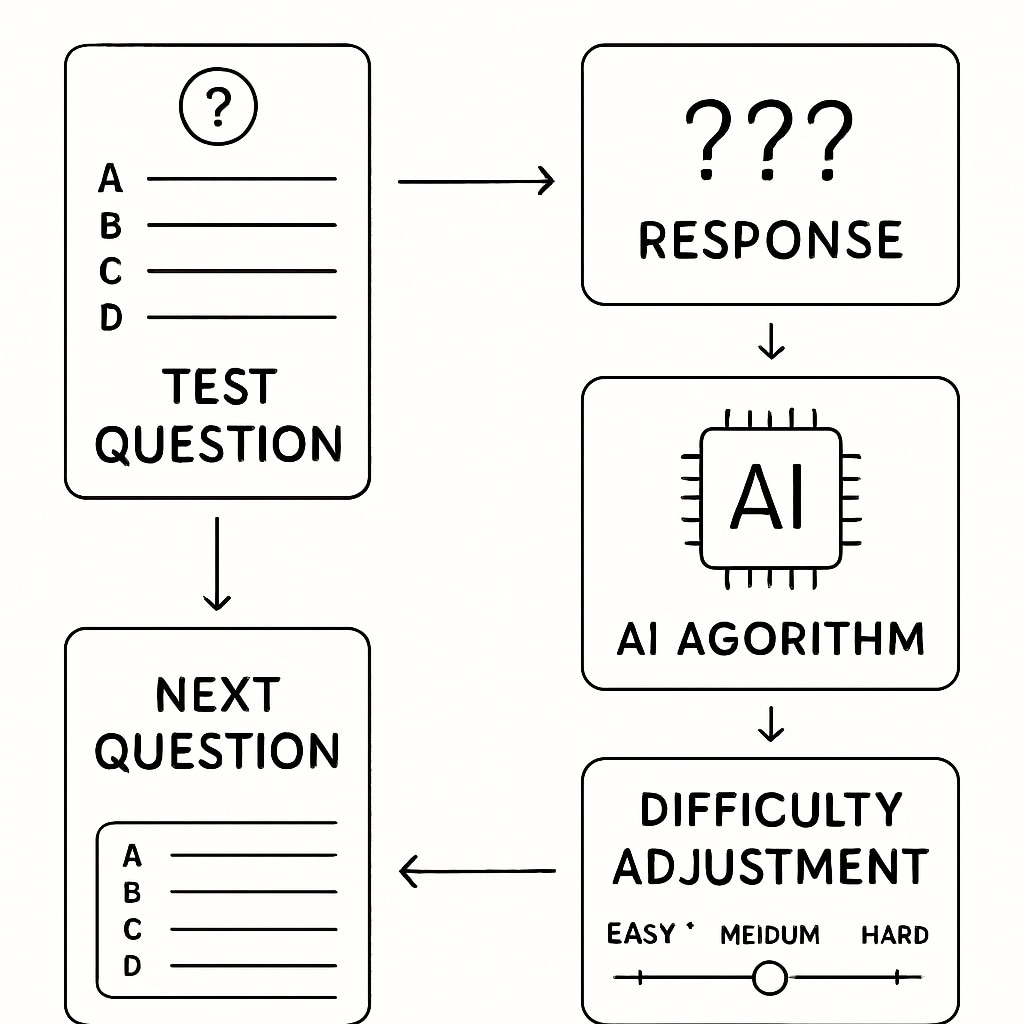As artificial intelligence continues to revolutionize industries across the globe, its impact on education—particularly in the realm of competitive exams—cannot be overlooked. The traditional examination model, which emphasizes rote memorization and standardized testing, is increasingly ill-equipped to identify and nurture the diverse talents required in the AI era. To ensure that K12 education aligns with the demands of modern talent selection, it is essential to rethink and reform competitive exams.

Challenges of Traditional Competitive Exams in the AI Era
Competitive exams have historically served as the primary method for evaluating student performance and selecting candidates for advanced education opportunities. However, these exams often prioritize memorization over critical thinking, creativity, and adaptability—skills that are essential in the age of AI. For example, while AI-driven tools like ChatGPT can solve complex problems, they also highlight the limitations of traditional evaluations that fail to measure a student’s ability to think strategically or innovate.
In addition, the reliance on standardized testing can unintentionally overlook students with unconventional talents or learning styles. As a result, many capable individuals may be excluded from opportunities that could help them thrive in the modern knowledge economy.
AI-Driven Innovations for Exam Reform
To address these challenges, AI-powered technologies offer promising solutions for transforming competitive exams. Below are several innovations that could reshape K12 education assessments:
- Adaptive Testing: AI can create personalized assessments that adjust in real-time based on a student’s responses, ensuring that exams accurately reflect individual strengths and weaknesses.
- Project-Based Assessments: Instead of traditional tests, students could complete AI-assisted projects that evaluate their ability to apply knowledge creatively and collaboratively.
- Skill Mapping: AI tools can analyze student performance to identify specific skill sets, enabling educators to tailor learning paths and career recommendations.
- Ethical Decision-Making Modules: As AI increasingly influences society, exams could include scenarios that test students’ ability to make ethical decisions in technology-driven contexts.
These innovations not only provide more comprehensive evaluations but also prepare students for the challenges and opportunities of an AI-driven world.

Ensuring Fairness and Inclusivity in AI-Driven Exams
While AI offers transformative potential, it is crucial to address concerns about fairness and inclusivity. For example, AI algorithms must be carefully designed to avoid biases that could disadvantage certain demographic groups. Additionally, schools must ensure equitable access to AI-driven tools, preventing technological disparities from exacerbating educational inequalities.
Furthermore, educators and policymakers should collaborate to establish ethical guidelines for AI in education, emphasizing transparency and accountability. By prioritizing these principles, reform efforts can create an examination system that is both innovative and equitable.
Conclusion: Building a Future-Ready Assessment System
Artificial intelligence presents a unique opportunity to rethink competitive exams in K12 education. By embracing adaptive testing, project-based assessments, and skill mapping, educators can create a system that values creativity, critical thinking, and collaboration over rote memorization. As a result, every student—regardless of their learning style or background—can have the opportunity to shine.
In the AI era, the goal of education should not be limited to selecting the “best” candidates. Instead, it should focus on identifying and nurturing the potential within every individual, ensuring that tomorrow’s leaders are equipped to solve complex problems, innovate, and contribute meaningfully to society.
As we move forward, policymakers and educators must work together to create an examination system that meets the demands of the AI age while remaining fair, inclusive, and forward-thinking.


